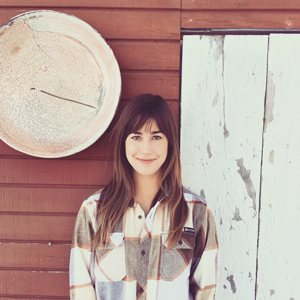|
Elizabeth Henry Scholarship - 2017 & 2018 Fund Recipients > 2017 2017<br>Ada Smith<br>Gitxaala Nation's Community Garden Program: A Case Study of Operationalizing Food Sovereigntyposted on 6:39 PM, September 12, 2017
Biography
She completed her BA in Anthropology and Environmental Studies at Wellesley College where her honors thesis focused on food security and environmental justice on the small island of Vieques, Puerto Rico. That research took Ada back to the Caribbean where she spent two years developing an Edible Schoolyard and permaculture garden curriculum at an alternative education center for girls in the Dominican Republic. Her current research as an MA Candidate working under the supervision of Charles Menzies at the Institute for Resources, Environment and Sustainability at UBC expands upon her academic interests and real-world experiences in seeking to understand what the key components or mechanisms are needed to successfully "operationalize" food sovereignty for remote First Nations communities in BC. "The support of the Elizabeth Henry Scholarship exemplifies, in the Sm'algyax language, bax laansk – or how we can come together in collaborative research and in decolonizing approaches toward a just and sustainable food system." - Ada Smith Project Summary In July 2017, working in partnership with Gitxaala Nation, Ada began her research, seeking to understand the role of Gitxaala’s community garden project and other local food production activities in supporting food sovereignty in their community. Specifically, Ada’s role is working in collaboration with Gitxaala’s Health Services and Lach Klan School during the months of July and August to bring garden and "food literacy" activities into the summer reading program and school curriculum. Both the research process and outcome aim to support Gitxaala’s effort toward cultivating a community garden program that will provide more sustainable mode of food production for the community while offering fun learning opportunities for youth. |
||
- About Us
- Programs & Services
- Climate Change & Air Quality
- Watersheds & Water Resources
- Sustainable and Resilient Communities
- Our Work in the Regions
- Resources
- News and Events


 Ada grew up on a small farmstead in rural Wisconsin where her family’s vegetable patch was surrounded by endless rows of corn and soybeans, sparking her interest in questions around food security, food sovereignty and food literacy.
Ada grew up on a small farmstead in rural Wisconsin where her family’s vegetable patch was surrounded by endless rows of corn and soybeans, sparking her interest in questions around food security, food sovereignty and food literacy.